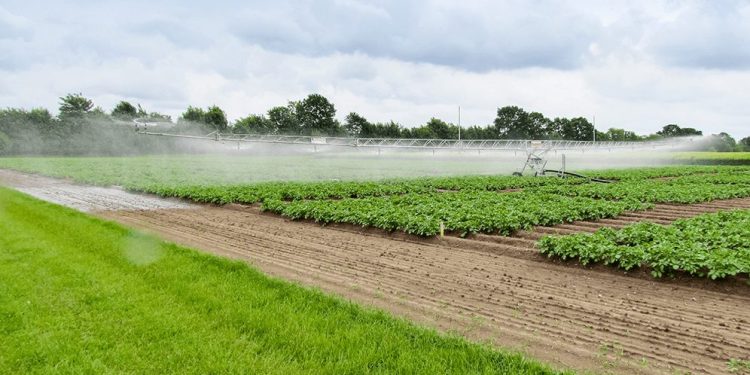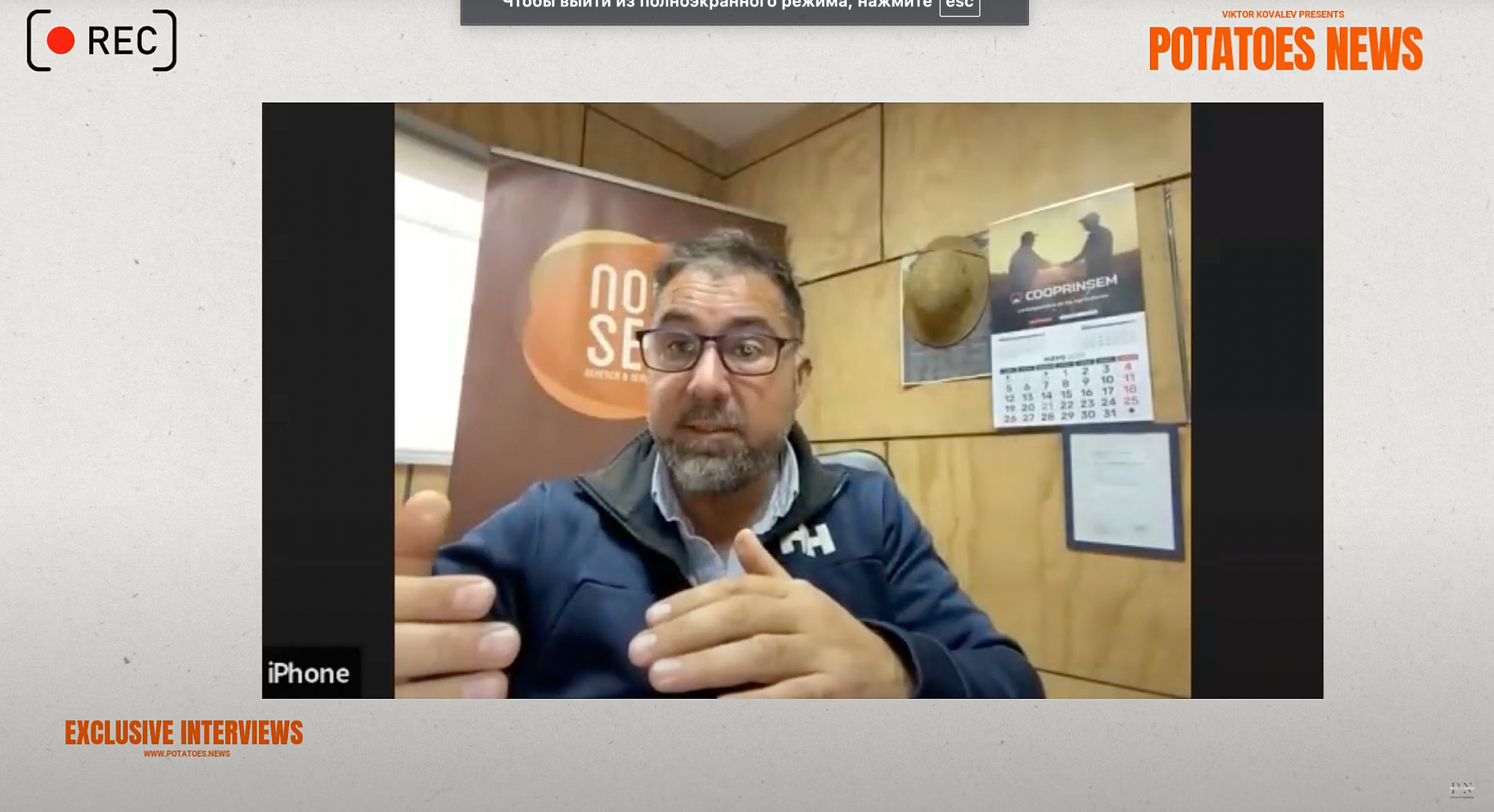#agriculture #farming #irrigation #watermanagement #sensortechnology #potatofarming #efficiency #sustainability
Water is a crucial resource for agricultural production and the focal point of increasing competition. In the sandy soils of the project region in Northeast Lower Saxony, farmers have long employed extensive irrigation methods to achieve adequate yields. Efficient irrigation and sustainable economic development in agriculture are only possible when potential savings are correctly identified and utilized.
The approach taken in this project utilizes temperature sensors to control potato irrigation based on plant temperature. When water is scarce, the transpiration rate of plants decreases, resulting in reduced evaporation cooling. Therefore, an increase in plant temperature reliably indicates water stress. Compared to localized measurements such as soil moisture, the non-contact measurement of thermal radiation using thermal imaging cameras yields more meaningful results as it covers larger areas. Initial measurements are conducted to develop and test the sensors used, followed by the calculation of control algorithms. The goal is to optimize irrigation timing and quantity to achieve greater efficiency in field irrigation.
Results from the project include the further development and optimization of the Crop Water Stress Index (CWSI) for wheat, tailored for use in potatoes. The measurement data from the 2019 trial year demonstrate that the CWSI increases with decreasing water availability and increasing water stress, then decreases after irrigation or rainfall events. Irrigation control in potato farming based on the CWSI was generally feasible, as evidenced by the irrigation conducted in the experimental plots. For more detailed results, please refer to the final report.
SEBEK’s sensor-based irrigation control system in potato farming offers a promising solution to the challenges posed by water scarcity and competition in agricultural production. By utilizing temperature sensors and advanced algorithms, farmers can optimize irrigation timing and quantity, leading to greater efficiency and sustainable agricultural development. The results from the project demonstrate the viability of implementing the Crop Water Stress Index (CWSI) as a reliable indicator of water stress in potatoes. This technology has the potential to revolutionize irrigation practices and contribute to the long-term viability of potato farming.







